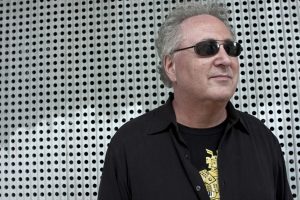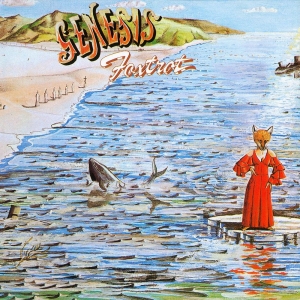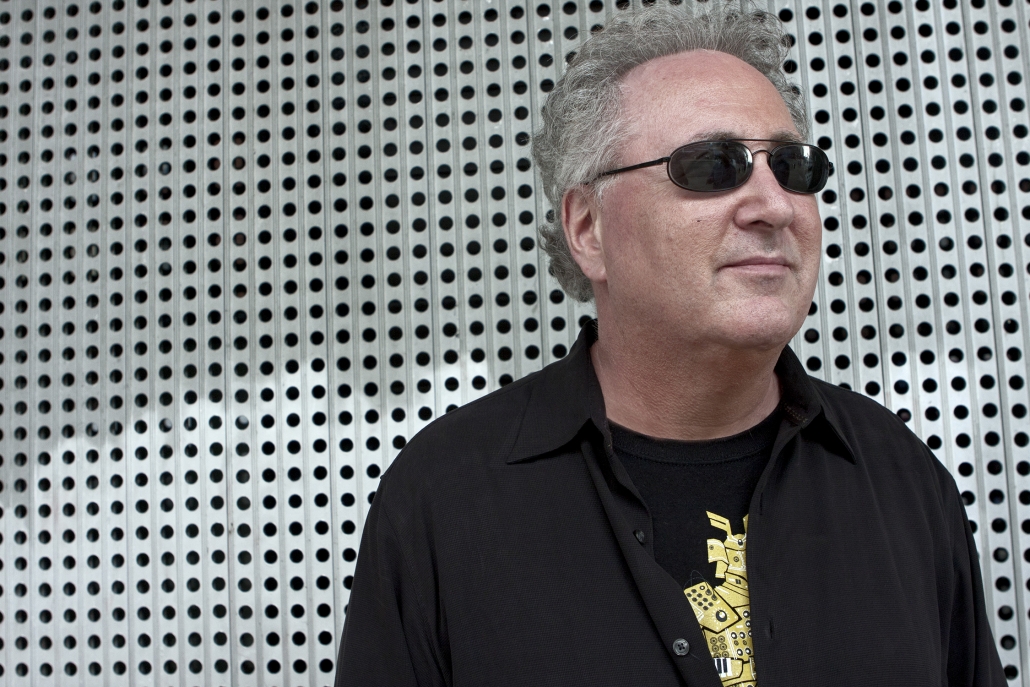It’s now a matter of fact that the music industry seems to have snuggled up to streaming as the current accepted path to the future as after years of stagnation they are finally seeing growth again if only at 4%, but a step in the right direction. You best do what you must to understand what this new world will look like as it behooves everyone out there to be aware of the ins and outs of streaming so you can make the right decision on which service, if any, you want to sign up for.At this moment in time there are many outlets for the consumer to get their music via streaming, Amazon Prime, Youtube Red, Pandora and on a lesser degree Tidal, but if we look at the front lines of streaming that situation becomes a little less crowded as it appears to be a two horse race with Spotify and Apple Music both way out in front, battling it out like two race cars bumping and cutting each other off to fight for a better position for the final lap and finish line.There is a dirty game going on behind the scenes and even in broad daylight that shows the depths to which these companies are willing to go to lay claim to the lucrative title of “King of Streaming Subscriptions.”
Why is this so important to these companies and what does this battle mean for the consumer, labels and artists as it pertains to the future of all? That’s what we are going to discuss here in an effort to add a little light and clarity to situation that is so new that what I’m writing may be outdated by the time you read it! Let me introduce you to the participants in this battle and give you and idea of their backgrounds while focusing also on their strengths and weaknesses. First we have Spotify, which was the first international entry into the field to come out with a service that featured a freemium component (that is one where you hear the music you desire but must first listen to a commercial that subsidizes the site with Ad Rev) and the other is a Paid Subscription component where you pay a monthly fee in the range of $10 per month and get all the music you can listen to free of commercial interruptions .
Spotify has been at this for years and has been in the last stages of amassing an IPO for the past few years to allow them to raise funds to operate and make what they hope will be a huge ROI for their initial investors and those who have recently purchased their debt at a premium interest return to them. This has been an ongoing situation to get to the stage where their IPO can reach the light of day and realize their investment potential and things are heating up for them. Spotify is growing from its current base of 39 Million and is fast approaching a total Paid Subscriber base of 50 Million as they are now adding about 450,000 subscribers a week and should hit their goal within the next 6 months. If we also factor in the Freemium users, then the total Spotify users jump up to around 120 Million which is pretty impressive as most of this growth seems to have come in the past 3 years as streaming has taken over from digital downloads and physical album sales. More on why this is so important later in this conversation.
And now let’s look at the challenger, Apple Music, which came along in the past two years and has a cash laden war-chest allowing them to throw billions into their streaming service which they want to succeed at badly. The principles of Apple Music are Jimmy Iovine and Dr. Dre who along with Apple’s Eddie Cue are working to outsmart and take over the title of Top Dawg in the field. Jimmy was a music producer and founded Interscope that had great success with the discovery of Eminem, Dr. Dre and a variety of acts such as Imagine Dragons.
Jimmy is a savvy street fighter who founded and sold Beats Headphones for a tidy payday of over 3 Billion dollars which he divided amongst investors like LeBron James. The headphones were not that good but the marketing was well done and landed him and his partners in the green! Jimmy and Dre also had a marginal mediocre streaming service called Beats Music (which was eventually shut down and folded into Apple Music) and which he convinced Apple CEO Tim Cook, to purchase along with the headset company. In my eyes, not the smartest move for Apple as they thought they were buying the brain trusts of savvy businessmen but which was really not the case.
Jimmy and Dre decided to take Apple Music to the public using Apple’s open and unlimited wallet while utilizing the same street tactics that got them ahead in both the music and the headset business to do so. Since the launch of Apple Music, they have made great progress, now claiming a subscription base of 16 Million but some of their methods are taking them back to the street ways and have bordered on arm twisting and shutting out the competition (Spotify) when it comes to taking market share in their quest for Streaming Supremacy.
This will not be an easy task as Spotify has been around longer and has a head start in taking over market share especially around the globe where 56% of their subscribers are based and giving them more countries to impact the bottom lines of the record labels, while Apple Music is working their magic here at home hoping to create the illusion to the rest of the world that they had best jump on the Apple Music Express as it is the place to be and the team to bet on, even going so far as hiring Ex BBC host, Zane Lowe, to attract some of the entrepreneurial global music fans who want to experience cutting edge music and get a peek into the future as he and his fellow broadcasters showcase music from around the globe that they hope can dictate tastes in a new direction.
This all sound good for Apple BUT, the fact is that Apple Music has been taking the sneaky less traveled road, under Iovine, to get where they want to be and it may now have just crossed a line that may hamper them and see the labels throw some support in defense of Spotify and the other streaming services to, let’s just say, level the playing field and keep everyone playing fairly.“Exclusives” in Streaming are a way to do two things, one get your subscribers something that they want and demand and two, keep those exclusives away from the competition and in so doing anger their subscriber base. I have stated before that these exclusives are a way for the Music Industry and Artists to get back at the streaming services by taking huge sums of their money to allow their music to stay off of other competitors if only for a short while. This practice has been going on for a while, reaping great rewards for those like Taylor Swift, who’ve reaped large sums of money, with the blessing of the labels that is until now when the new twist I was talking about has just surfaced.
The red-hot artist, Frank Ocean, was in the midst of delivering his last album to UMG when he pulled a fast one, under the encouragement and with the money being thrown at him by Iovine and Apple Music. You see what Ocean did was deliver his last album and in the same week he signed a deal with Apple Music for the exclusive on a simultaneously recorded and delivered new album. This caused UMG head honcho, Grainge, to hit the roof and blow his cool announcing that from now on he was eliminating ALL EXCLUSIVES to streaming services.This was being done because it was said that this practice was compromising competitor Spotify and that was not a good thing. You see, UMG realizes that Spotify has many more outlets and subscribers outside the USA and for them, this is a bonus since they have so many acts worldwide that benefit from this and they did not want to be with an entity that was weaker internationally, at least for now, when it came to enhancing and contributing to their bottom line. This move by UMG was only about business and nothing to do with love of music or artists.
This move by Apple to get the Exclusive of Frank Ocean will hurt them, as UMG must feel like they are competing against themselves with the same artist. While nothing is certain, I believe that other plans for future exclusives that were in the works by Apple Music will be squashed, at least if they are with UMG acts. Another intriguing twist, is that this marks a point in time when an artist who is big enough can actually consider doing their deals directly with the streaming services and opting to go it alone without the label’s help. This is a very tricky issue and I will be keeping an eye on the fallout from this in the future.
What does it all really mean for you the person who wants music and does not really care about these back alley deals and moves? Well it means that for your sake you should hold out subscribing to a service for now if you feel that a competing service will be able to offer you more of what you want for your monthly fee. In the end, this means that all streaming services may experience as slow down in subscriber acquisition for the dust to settle as potential subscribers will just keep their money in their pockets until they know for sure they can get what they want. Queen sang, ”I want it all – I want it now!” and that is the war cry of the future subscribers to streaming services.
So wait to see what happens in the next few months before you pay for a yearly subscription fee but know that the labels want all streaming to be on a paid subscription basis and will be holding back their A-material and Artists from the streamers who will only be allowed to provide it for those who pay to listen!
As always, make sure you love the music and respect artists who create it!















Want to join discussion?
Feel free to contribute!